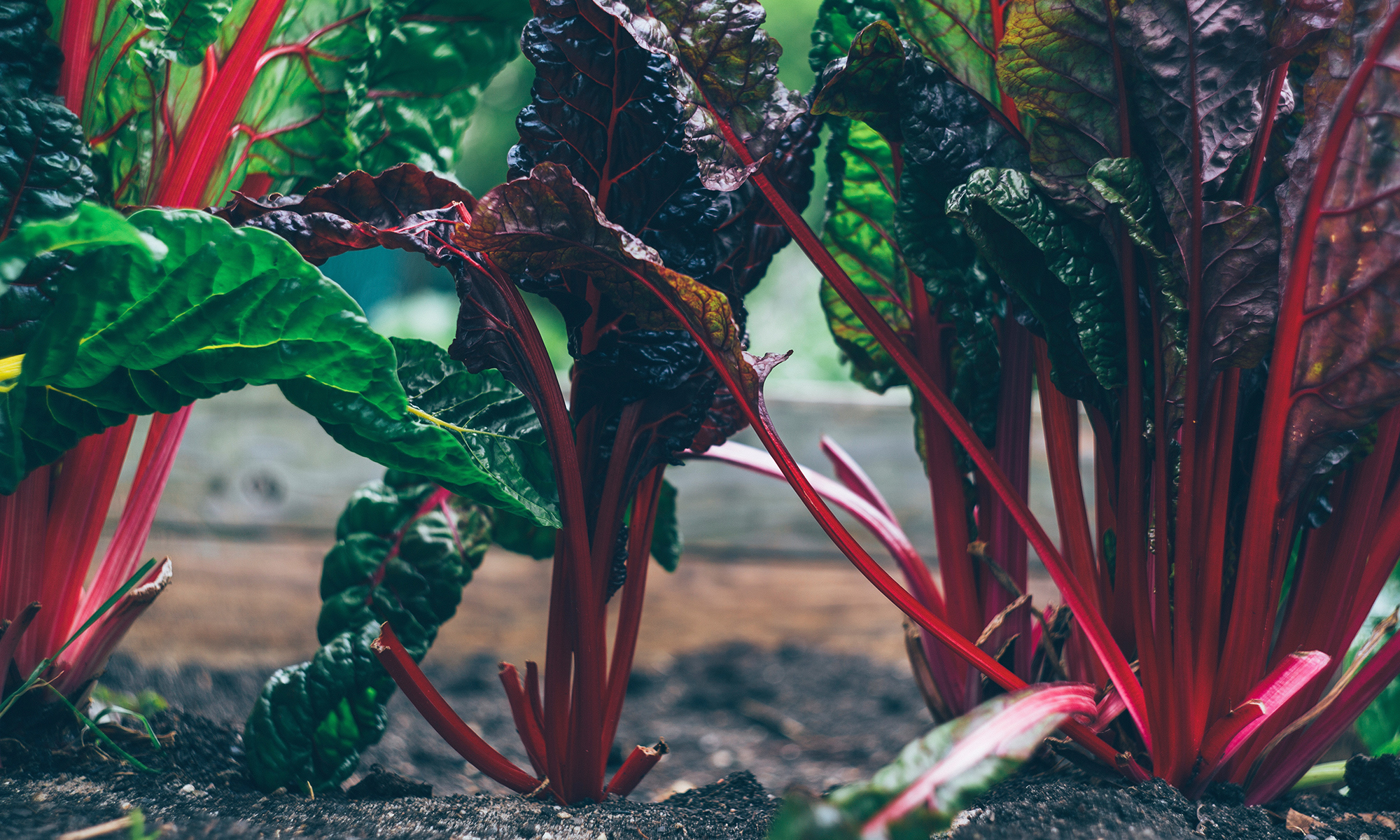By now, most of you have heard of the Slow Food Movement.
Slow Food International was started in opposition to fast food, specifically, to a McDonald’s opening in Italy. The founders feared that the everyday pleasures of an artisanal cheese or cask aged balsamic vinegar would vanish if we did not step in to preserve food heritage.
The beauty of slow food is that it preserves the land and environment. Food is produced the way it has been for a millennium — sustainably with respect for the land so that it may continue to produce food for generations. This contrasts commercial agriculture which pumps chemical fertilizers and insecticides into the soil so that vegetables grow faster and bigger (and less flavorful). And the by-product are a dead-zone in the Gulf of Mexico caused by the run-off of chemicals, and soil that needs more and more chemicals to maintain its fertility.
Slow Food may seem more expensive. At the grocery store it is, but in reality it’s actually cheaper. Because slow food does not receive the government subsidies that commercial agriculture does — the subsidies that keep the price of corn artificially low, which in turn keeps the food cost low. We still pay for the higher cost of “com-ag,” but hidden in our tax burden, instead of transparently at the grocery store.
Slow Money is an off-shoot of Slow Food. A few weeks ago, I participated in the inaugural national gathering of the Slow Money Alliance in Santa Fe, NM, and I am extremely excited about the opportunity for this new organization to have major impact on our food system and our economy.
Slow Money is a non-profit dedicated to steering new sources of capital to local food systems, empowering individual investors to reconnect with their local economies and building an entirely new financial sector – sometimes called nurture capital or patient capital. Rather than waiting for government to realign its priorities when it comes to food, this gathering of over 450 people met to ensure we can financially support slow food. As the founder, Woody Tasch put it, “Investing as if food, farms and fertility mattered.”
The principals of Slow Money are inspiring:
In order to enhance food safety and food security; promote cultural and ecological health and diversity; and, accelerate the transition from an economy based on extraction and consumption to an economy based on preservation and restoration, we do hereby affirm the following Principles:
I. We must bring money back down to earth.
II. There is such a thing as money that is too fast, companies that are too big, finance that is too complex. Therefore, we must slow our money down — not all of it, of course, but enough to matter.
III. The 20th Century economy was an economy of Buy Low/Sell High and Wealth Now/Philanthropy Later—what one venture capitalist called “the largest legal accumulation of wealth in history.” The 21st Century economy will usher in the era of nurture capital, built around principles of carrying capacity, care of the commons, sense of place and non-violence.
IV. We must learn to invest as if food, farms and fertility mattered. We must steer major new sources of capital to small food enterprises.
V. Let us celebrate the new generation of entrepreneurs, consumers and investors who are showing the way from Making A Killing to Making a Living.
VI. Paul Newman said, “I just happen to think that in life we need to be a little like the farmer who puts back into the soil what he takes out.” Recognizing the wisdom of these words, let us begin rebuilding our economy from the ground up, asking:
• What would the world be like if we invested 50% of our assets within 50 miles of where we live?
• What if there was a new generation of companies that gave away 50% of their profits?
• What if there were 50% more organic matter in our soil 50 years from now?
With our support, Slow Money can jump towards its ultimate goal of one million signatures for the Slow Money Principles, on our way to building a Slow Money Alliance that steers tens of millions of dollars a year of creative financing to local food systems.
Please join me in pledging to donate $5 to the Slow Money Alliance on October 6th. Do so here.
